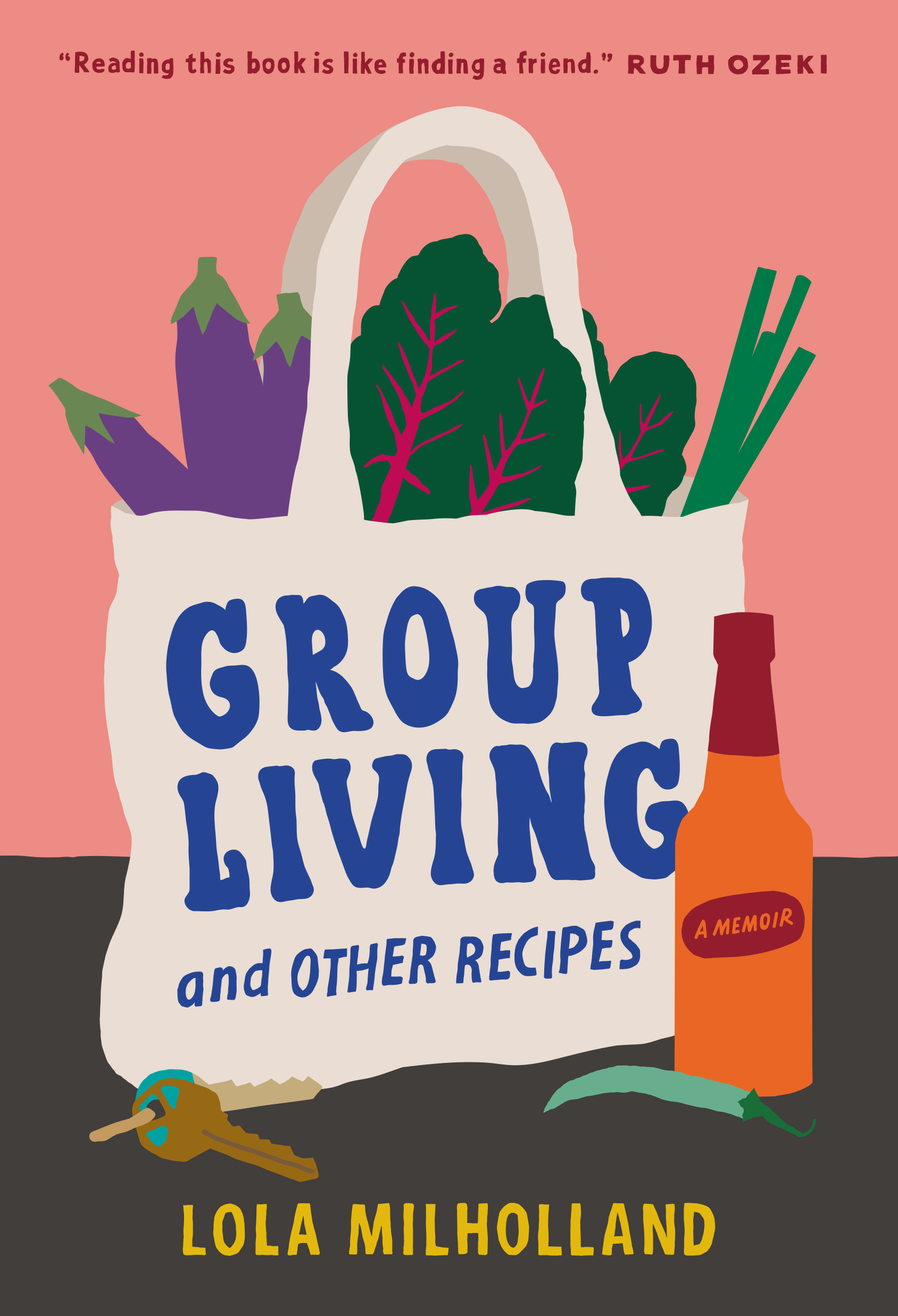Pixel commented on How Infrastructure Works by Deb Chachra
Finally, started listening to this while doing yoga this morning (I've been taking an audiobook break by listening to podcasts lately). I enjoy the combination of detailed engineering knowledge with a vulnerable memoir. The way that Chachra builds scenes of our real-world infrastructure having a purpose down to the smallest, easily disregarded, parts reminds me of the in-depth world building of acclaimed sci-fi novels like "Red Mars" yet describing instead the marvels of the real world. Those lengthy paragraphs that set the scene for our characters always strikes me as what sets the immersion into that world apart from any other book, centered far more on the action and drama between characters than anywhere else (should it even matter that they're in space?). What might be even more critical to the form of Chachra's writing is in bringing us out of pure fantasy through the recognition that all this is …
Finally, started listening to this while doing yoga this morning (I've been taking an audiobook break by listening to podcasts lately). I enjoy the combination of detailed engineering knowledge with a vulnerable memoir. The way that Chachra builds scenes of our real-world infrastructure having a purpose down to the smallest, easily disregarded, parts reminds me of the in-depth world building of acclaimed sci-fi novels like "Red Mars" yet describing instead the marvels of the real world. Those lengthy paragraphs that set the scene for our characters always strikes me as what sets the immersion into that world apart from any other book, centered far more on the action and drama between characters than anywhere else (should it even matter that they're in space?). What might be even more critical to the form of Chachra's writing is in bringing us out of pure fantasy through the recognition that all this is intrinsically grounded in racial capitalism.
I like the connection between how nature is often described as "the green stuff" as people with plant awareness disparity (I'm referencing the term from nph.onlinelibrary.wiley.com/doi/full/10.1002/ppp3.10153 ) may struggle to define the specifics of all that surrounds them until it all blurs into a green blob- to how infrastructure is often lost into its own blur of "grey stuff". As someone who's interested in the formation of identity as a result of the environment and grew up in an urban setting, I'm very interested in bringing attention to the diversity that exists around us at all times, subconsciously influencing what we assume to be the norm, but also empowering us when we are better able to define, enact, and tend to those relations.
Furthermore, I'm reminded of "Detritus, trophic dynamics and biodiversity" ( onlinelibrary.wiley.com/doi/abs/10.1111/j.1461-0248.2004.00606.x ) where it notes "This review incorporates the 'brown-world' of detritus into the largely 'green-world' of food web theory by integrating population, community and ecosystem ecology" (Hedin 1991; Pomeroy 1991 as cited by Moore et. al 2004). Being an amateur mycologist, it's important for me to bring attention to how the green could not function without the brown.









